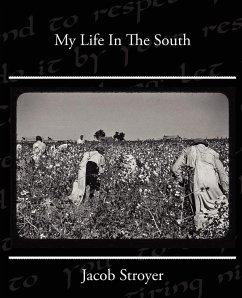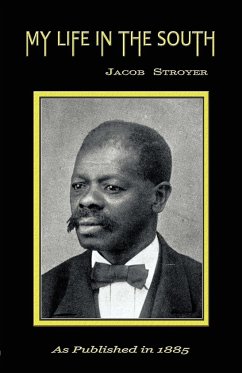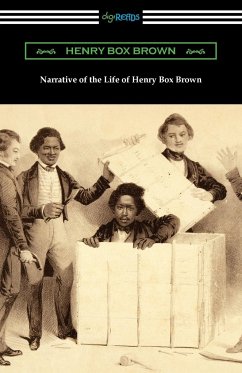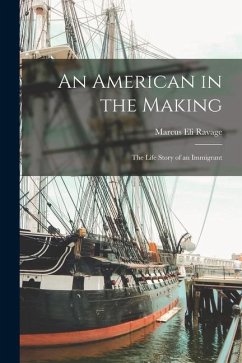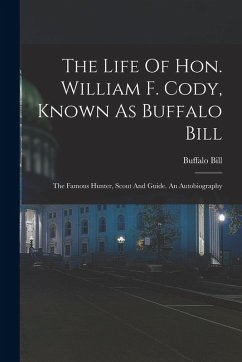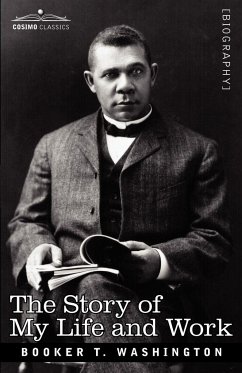
The Story of My Life and Work
Versandkostenfrei!
Versandfertig in 1-2 Wochen
23,99 €
inkl. MwSt.
Weitere Ausgaben:

PAYBACK Punkte
12 °P sammeln!
He is one of the great voices in African-American history: Booker T. Washington rose from a boyhood in shackles in West Virginia-he was eight when the Thirteenth Amendment to the Constitution freed all slaves in 1865-to the status of national hero. In this autobiography of his career, Washington details his struggles as head of the school in Alabama that eventually became Tuskegee University, the honors he received from Harvard University, his many public speeches, and his other professional endeavors. A replica of the 1901 edition, this volume is complete with the original photos and illustra...
He is one of the great voices in African-American history: Booker T. Washington rose from a boyhood in shackles in West Virginia-he was eight when the Thirteenth Amendment to the Constitution freed all slaves in 1865-to the status of national hero. In this autobiography of his career, Washington details his struggles as head of the school in Alabama that eventually became Tuskegee University, the honors he received from Harvard University, his many public speeches, and his other professional endeavors. A replica of the 1901 edition, this volume is complete with the original photos and illustrations, and remains an invaluable firsthand document of 19th-century America. American author BOOKER T. WASHINGTON (1856-1915) was born to a white father and black slave mother in Virginia. His Atlanta Address of 1895 brought him great acclaim, and for the rest of his life he remained a respected figure in the African American community. Among his most influential writings is an article for Atlantic Monthly called "The Awakening of the Negro" (1896).




